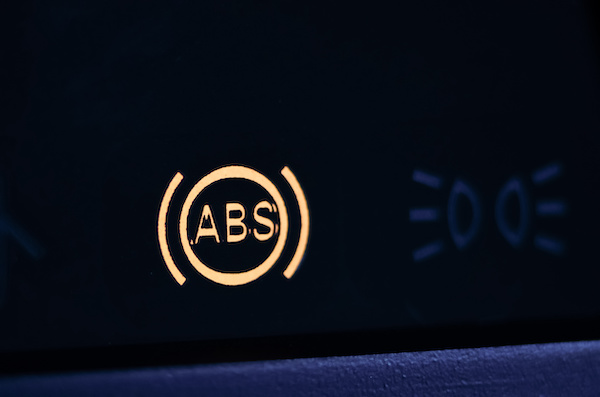
When you need to stop your vehicle quickly, your first thought is probably to step on the brake pedal. But what happens if you're on a slippery or wet surface? This is where anti-lock brakes come into play. Anti-lock brakes (ABS) differ from regular brakes in several ways. In this blog, we'll discuss the key differences and the benefits of having ABS in your vehicle.
Firstly, let's talk about how regular brakes work. When you press down on the brake pedal, the brake pads squeeze against the rotors, which stops the vehicle. In contrast, ABS uses a more complex system that monitors the speed of the wheels and keeps them from locking up during sudden stops. This means that the wheels will continue to turn even while the brakes are applied, allowing the driver to maintain control of the vehicle.
One of the biggest benefits of anti-lock brakes is that they can help reduce the risk of accidents on slippery surfaces, such as rain or snow. When the wheels lock up during a sudden stop, the vehicle can skid and lose traction, making it difficult for the driver to control the car. Anti-lock brakes help to prevent this by pulsing the brake pressure to each wheel, allowing the tires to maintain their grip on the road.
Another advantage of ABS is that it can improve the overall stopping distance of the vehicle. When regular brakes are used on a slippery surface, the vehicle may continue to slide even after the wheels have stopped turning. In contrast, ABS can keep the wheels turning and allow the vehicle to come to a stop more quickly.
While anti-lock brakes provide significant safety benefits, they require regular maintenance and repairs like any other component of your vehicle. It's important to have your ABS system checked by a certified technician if you notice any warning lights on your dashboard or if you experience any unusual noises or sensations while braking.
If you have any concerns about the performance of your brakes, we invite you to bring your car to Roesbery Car Care in Walnut Creek, CA to have them inspected by a professional.